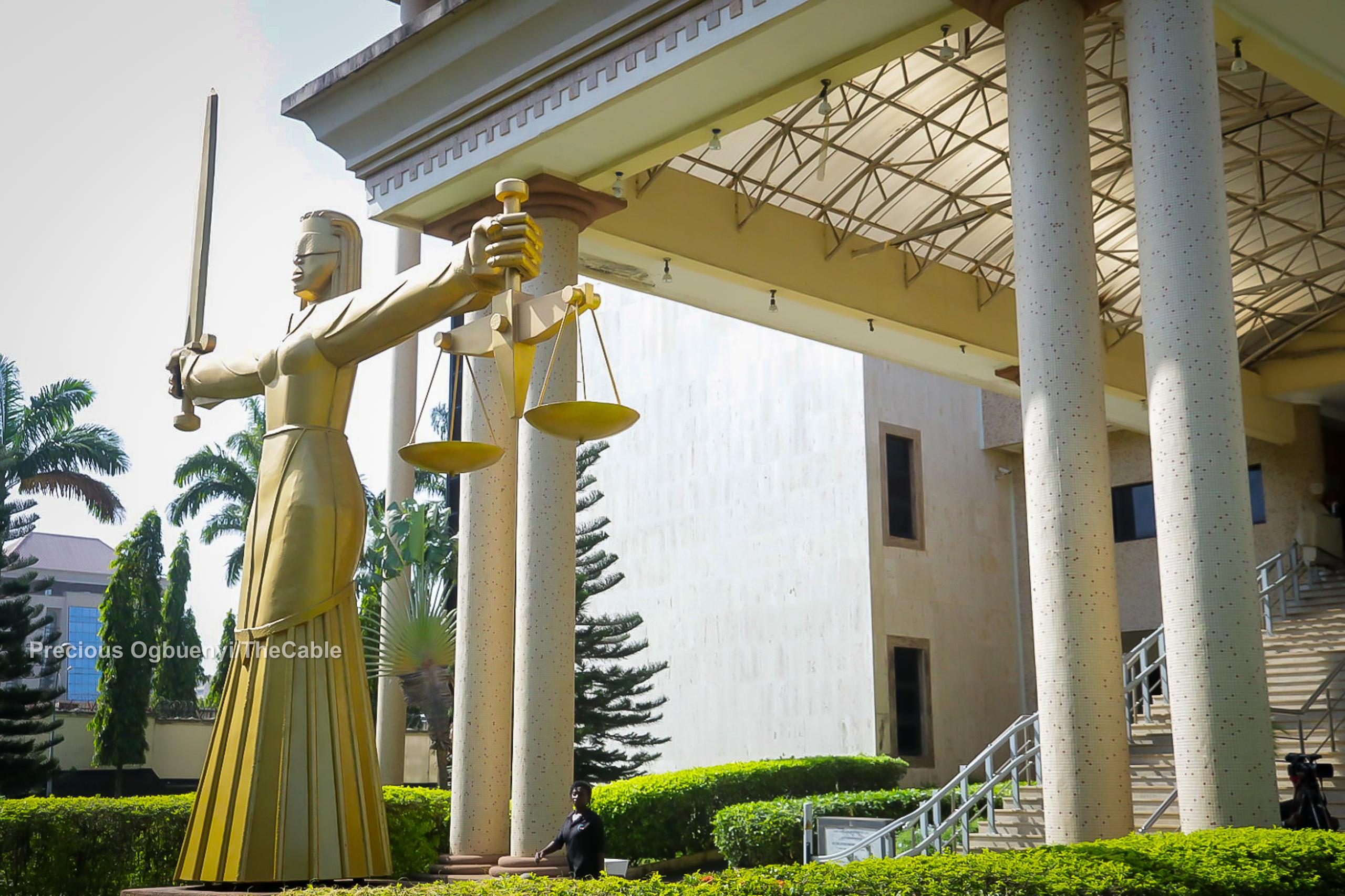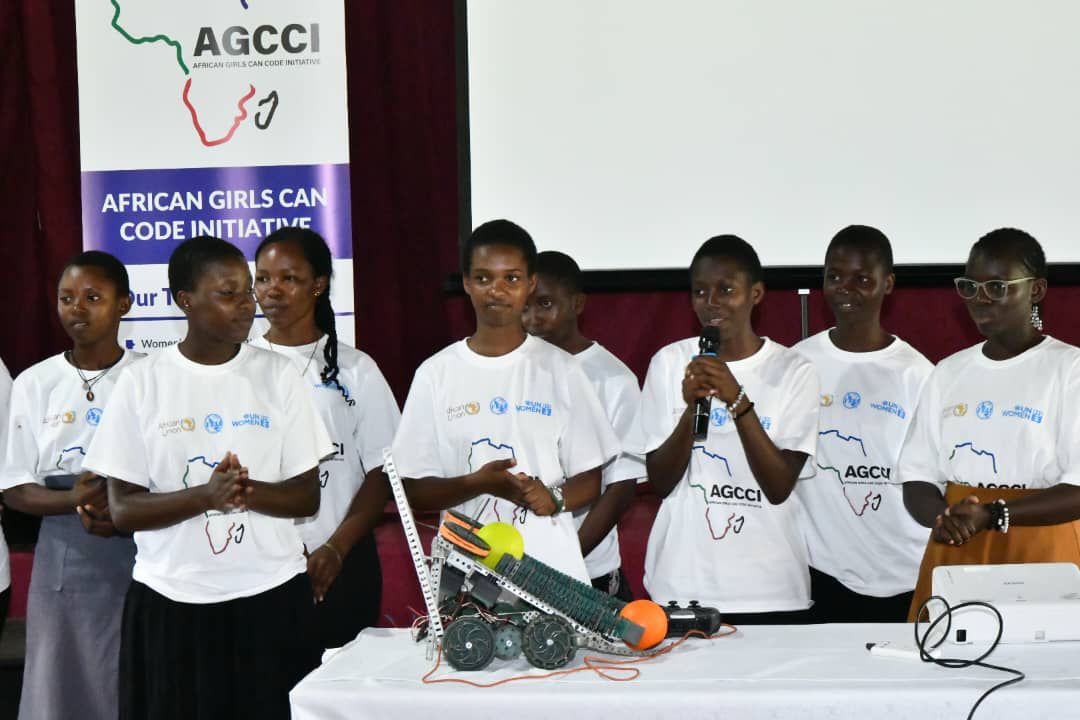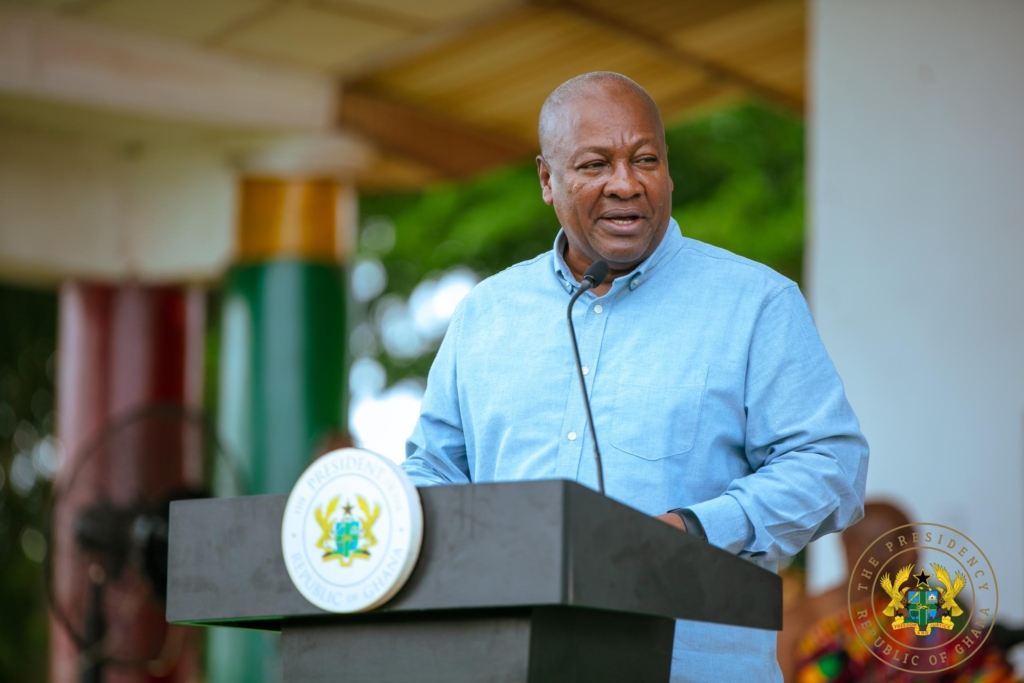Customary law deficiency amendments necessary for judicial system reform - Bowen don - Tribune Online
Professor Mary-Ann Ajayi, a lecturer from the College of Law, Bowen University, Iwo, Osun State, has disclosed that some deficiencies in customary law practices require sustainable amendment in our national judicial system reform agenda.
The don stated this recently while delivering Bowen University’s 22nd inaugural lecture, based on her academic research findings, entitled “The Paradox of Customary Law and Human Rights in Africa: Exploring the Tensions, Complementarities, and Opportunities for Reform.
At the lecture, witnessed by the Attorney General of the Federation and Minister of Justice, Prince Lateef Fagbemi; members of the Nigerian Bar Association (NBA); royal fathers; and the university community, the inaugural lecturer shed light on the complex and often conflicting relationship between African customary law and internationally recognised human rights norms.
Professor Ajayi emphasised how customs are not merely traditions but vital expressions of cultural identity, governance, stating that those customs often sit uneasily with universal principles of human rights, such as dignity, equality, and non-discrimination.
According to her, customary law is woven into the very fabric of African communities, reflecting the values, norms, and social structures, stressing that the integration of customary law and human rights could lead to improved outcomes, especially for vulnerable groups like women, children, and ethnic minorities.
She noted that customary law has resisted cultural erosion, surviving both colonial suppression and modern reform pressures, which, according to her, should not be hastily discarded but harmonised and reformed where necessary.
The professor added that long-standing injustices that have historically disadvantaged vulnerable groups could be addressed when these processes are purposefully changed and brought into compliance with human rights norms.
Among the key issues spotlighted in her lecture were the customary law of succession, which she said in many communities still adheres to the male primogeniture rule that favors the eldest male child in inheritance matters against women and younger children from inheriting family property in some quarters, while women and daughters often face marginalisation, not just in law but in the socio-cultural fabric that supports it.
“There are a lot of potential advantages to combining human rights frameworks with customary law. By utilising easily accessible, culturally appropriate, and effective community-based dispute resolution techniques, it expands access to justice.
“Similarly, it addresses the disparities inherent in certain customary practices by mobilising them to protect vulnerable groups, improving human rights outcomes,” she said, adding that such integration would make the justice system more equal and long-lasting by promoting a legal diversity that would respect regional customs while adhering to international human rights norms.
Ajayi further highlighted how rural women, despite being central to agricultural production, rarely possess legal title to the land they cultivate. She, however, said that though court decisions have affirmed women’s inheritance rights, enforcement remains weak, particularly in traditional communities where patriarchal norms dominate.
The lecture also examined marriage and divorce practices under customary law, pointing to the imbalance women face. Unlike statutory marriages that require due legal process, customary marriages can be dissolved extra-judicially, sometimes through symbolic acts like the husband discarding his wife’s belongings.
These customs, she said, stripped women of dignity and legal protection, as the issue of adoption under customary law also came under scrutiny. “While modern law grants adopted children full inheritance rights, customary norms often create tension, with biological children questioning the entitlements of adopted siblings, again undermining basic human rights principles,” she stated.
Continuing, Ajayi expressed concerns that while customary law is essential for maintaining cultural identity and communal harmony, attempts to update it to comply with modern human rights standards frequently encounter major obstacles, lack of political will and opposition to change are two of the main challenges in this reform process.
Meanwhile, the AGF, Prince Lateef Fagbemi (SAN), in his remarks, affirmed that the lecture was apt as he commended the inaugural lecturer, Professor Mary-Ann Ajayi, for her in-depth lecture, saying that it recognised the judiciary’s role in protecting the rights of vulnerable persons.
The Vice Chancellor of the institution, Professor Jonathan Babalola, in his own remarks, reiterated that Bowen University has produced many professors whose research efforts have contributed to the nation-building development process in different spheres of the economy.
He noted that the university has not relented in its efforts to organise public dialogues to connect academia with national development needs. According to him, Bowen University archives its inaugural lectures in the national library to support informed governance.











